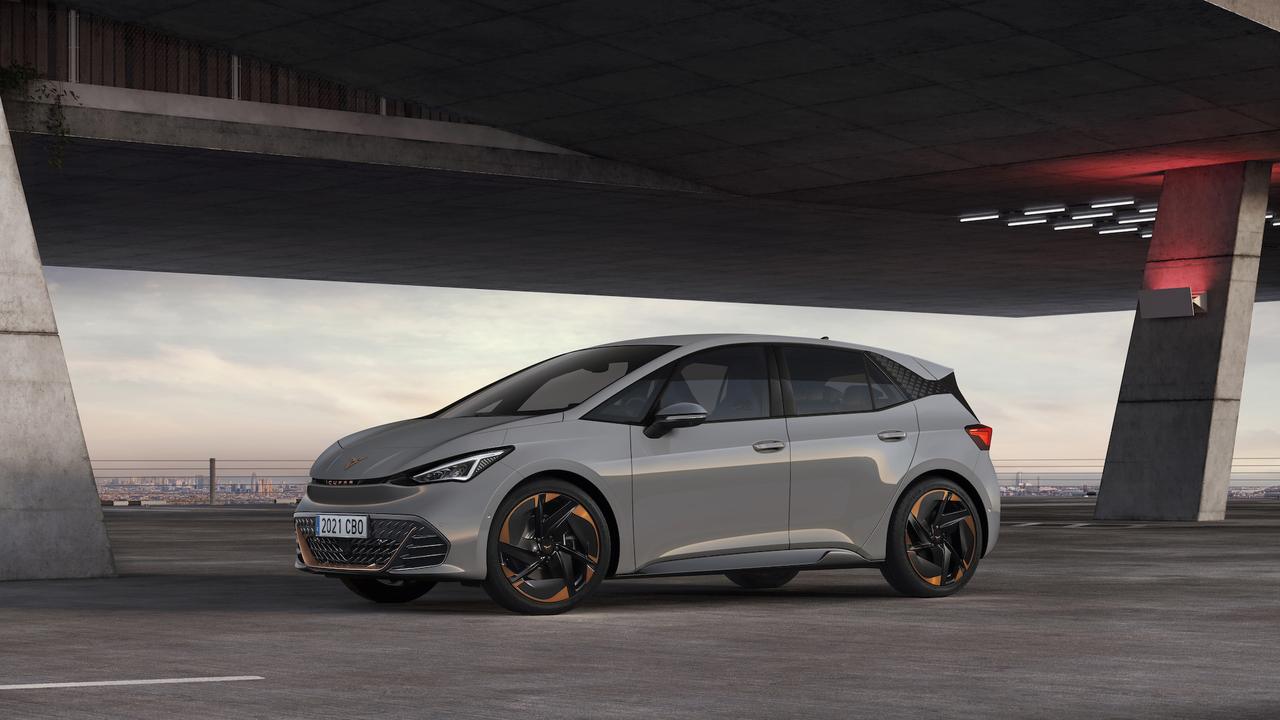EVs are taking over the luxury market
Electric vehicles are quickly becoming the favourite of the luxury buyer with 158 per cent boom in sales in the first quarter of the year.

EVs are fast taking over chunks of the luxury car market, reinforcing the appetite for zero-emission vehicles which saw a 158 per cent boom in sales in the first quarter of 2023.
Recent new arrivals from Audi, BMW and Mercedes-Benz have quickly shaded their petrol-engined counterparts for showroom interest at the top end of town.
And Tesla has made an EV the top-selling mid-sized car and the best-selling prestige SUV, with a dominant performance against established competition.
ELECTRIC VEHICLES SPECIAL REPORT
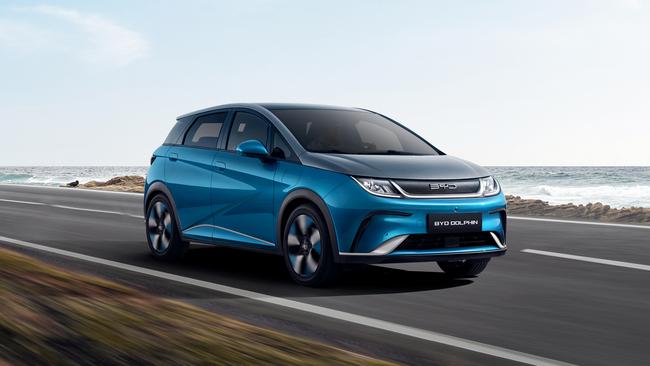
EVs get backing in Labor’s federal budget

Cars get cheaper as key costs fall Cheaper cars as costs fall
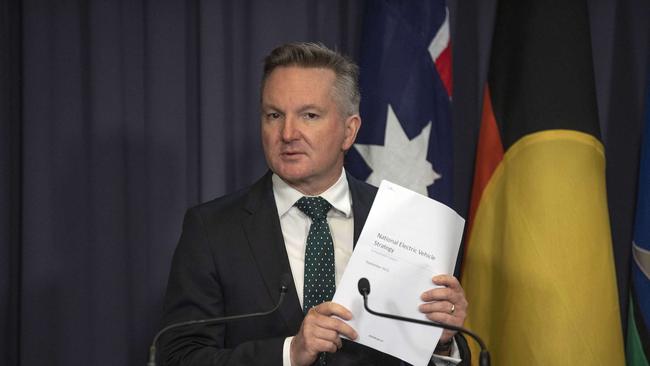
Infrastructure a big budget winner

EVs are getting bigger and better
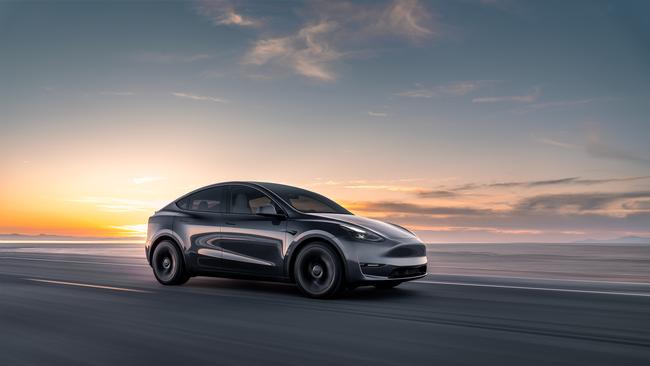
Luxury sits up high as sales boom

Haters gonna hate but the market won’t stop moving
The electric vehicle market continues to boom, despite the naysayers.
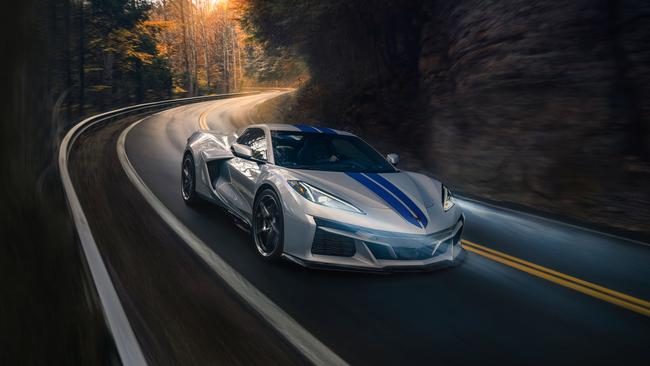
How EVs are changing sports cars

Audi gets room to grow with new platform

The ultimate buy guide for EVs
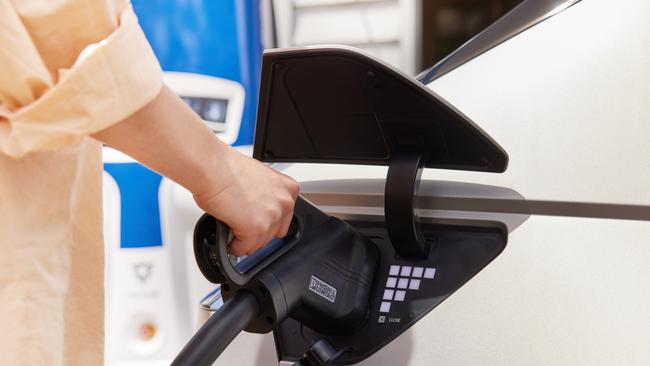
The eight must-know EV facts

New laws to stop ‘ICE-blocking’

Holiday hotspots due for a jolt

Tesla downloads new revenue model in over-the-air upgrades

Would this EV tempt to you buy a Saab again?

Can battery metals be sourced sustainably?

Oil use down as EVs rise

Are EVs really cleaner? It depends where you live

‘Blade’ battery to cut range anxiety

Does hard driving mean hard wearing?
The starkest demonstration of the lure of EVs is in what the Federal Chamber of Automotive Industries classifies as large cars priced above $70,000.
Of the 12 models on sale, four of them are powered purely by electricity and in the first three months of this year, 59 per cent of those large $70K-plus cars were EVs, according to VFACTS figures supplied by the FCAI.
Granted, it’s not a big volume category compared with the utes and family SUVs that dominate elsewhere in the market.
But it’s remarkable that in the space of a few months some of the automotive world’s most established and respected models – including the BMW 5-Series and Mercedes-Benz E-Class – have been outsold by electric alternatives.

In their place are newcomers such as the Mercedes-Benz EQE, which, despite only going on sale a couple of months ago, is comfortably outselling its petrol alternative.
The newly arrived Audi E-Tron GT quickly became the top seller in the category and is selling at more than double the rate of the Audi A6.
And from Porsche, the Taycan continues to prove a popular EV alternative to the Panamera, and even regularly outsells the iconic 911 sports car that is the heart and soul of the brand.
EVs are also having big success in the small SUV category over $45,000.
While there is loads of competition – including the BMW X1/X2, Audi Q2/Q3, Mercedes-Benz GLA and Volvo XC40 – EVs now account for 26 per cent of the segment.
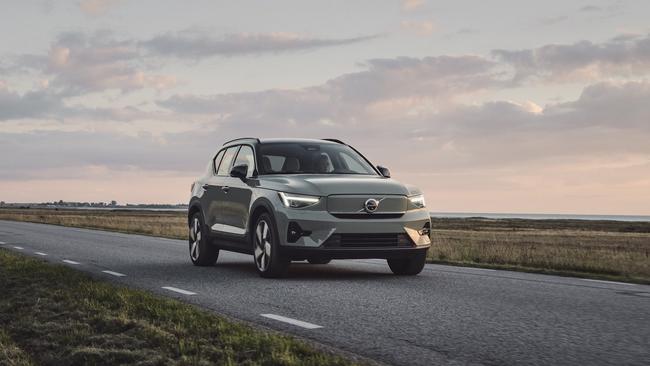
Dominating the field is the Volvo XC40 Pure Electric, which, in the first three months of 2023, sold 827 electric versions, more than half the 1505 XC40s sold.
Split out as its own model, the Volvo XC40 Pure Electric is the second most popular model in its class, behind only the Audi Q3.
In large SUVs over $70,000 – which includes stalwarts such as the Audi Q7, BMW X5, Mercedes-Benz GLE and Porsche Cayenne – EVs are also encroaching on the combustion-engine alternatives.
While 18 of the 22 models on sale are powered purely by petrol or diesel, the four electric alternatives now account for 8 per cent of category sales, led by the BMW iX.

But it’s Tesla doing the EV heavy lifting, making the biggest contribution to the 158 per cent rise in EV sales in the first quarter of the year. The American brand accounts for about 60 per cent of EV sales in Australia and has cemented itself as a top-10 brand.
The strength of Tesla is evident in the medium SUV over $60,000 category.
The Tesla Model Y is by far the top seller, and joins alternatives from Hyundai, Genesis and Mercedes-Benz in ensuring 37 per cent of the segment is now EV.
The Tesla Model 3 has also breathed new life into the medium-car class that has seen sales slide for more than a decade.
The circa-$60,000-plus Model 3 is by far the top seller, comfortably eclipsing once big players such as the Mazda6, Toyota Camry, Mercedes-Benz C-Class and BMW 3-Series.

